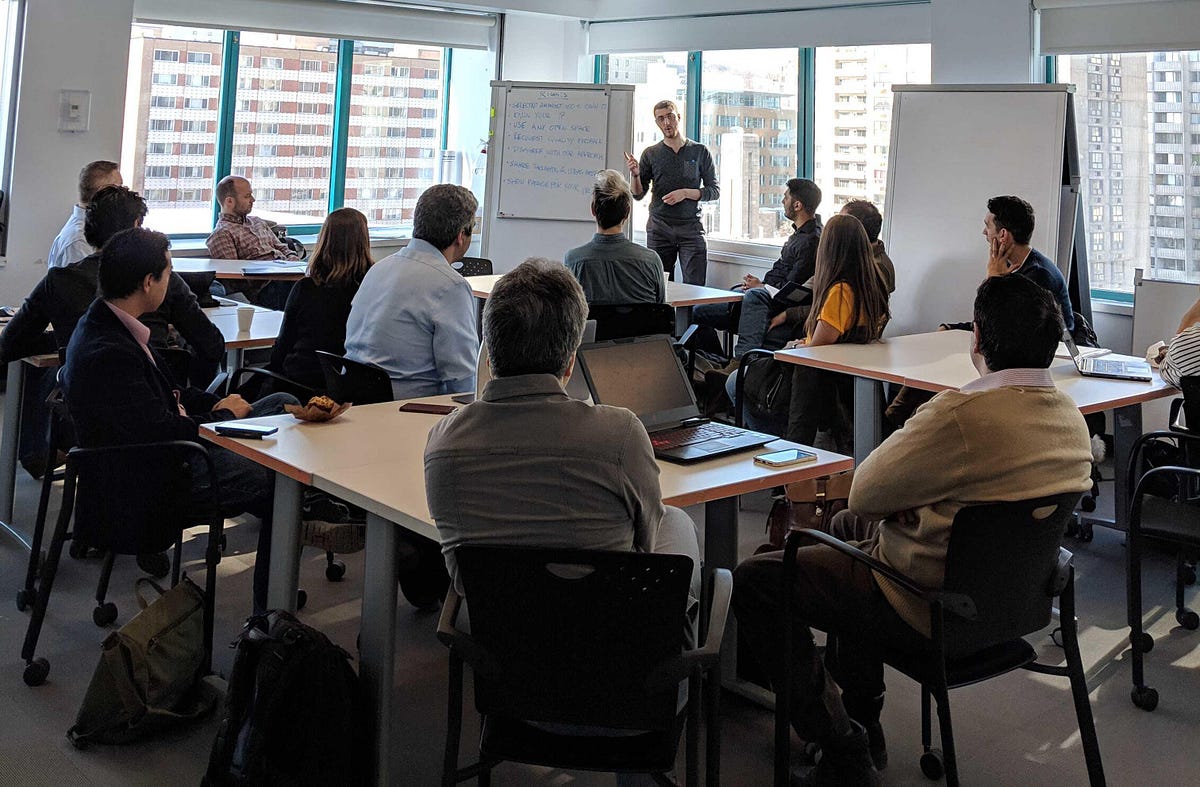Before the internet, and before any broadcasting media, teaching made a lot of sense. We needed people to walk into the classroom and transmit their knowledge to people, because there was no other place with a store of it that was easy to access and navigate.
This is no longer true today. With a phone in everyone’s pockets that can access the entire human library of information within second, we’re looking for a different role.
We need people that can create environments where this information can be consumed in more interesting ways. People who can craft spaces where humans can break away from these amazing devices’ attention-draining dark side and meet face-to-face to share experiences and emotions. People who sift through the mess of information to create a clear path for beginners in a topic, before they’re ready to jump into the deep-end of all the web has to offer.
In many cases these people might not even be experts in what they teach themselves. They would work with experts, professors, and speakers, to come in and divulge their knowledge. Their ability would be to ask questions rather than giving answers. The role they play would be facilitating learning to allow learners to carve their own paths through challenges and towards answers.

Increasingly, we are seeing the rise of workshops, bootcamps, 6-week code schools, smaller classrooms, and many varieties of people breaking away from the traditional lecturer-at-the-front configurations. How we train the people that run these environments is still in its infancy.
The required skills for such a learning facilitator necessitate training in much more than a specific field expertise. In order to be comfortable moving about a space, challenging learners at very close proximity, and keeping energy levels in the room high for long periods of time, the facilitator may have to undergo training in theatre or improv. A strong ability to draw and write on large surfaces would also be necessary. Understanding how to arrange a physical space in order to create better connections between people becomes essential.
Inspiration from the performance arts, interior design, digital tools, and interaction design would have to be blended together in order for learning facilitators to have a holistic understanding of what’s required of them.
Over the past few years, I have been developing these skills and there’s still a lot to learn in order to truly master the art of learning facilitation. My inspiration comes from highly diverse sources of inspiration, and I was fortunate enough to have gone through a multi-disciplinary education.
I am excited to see what the future will bring to schools, and what unexpected learning environments we will see appear as more people become learning facilitators, and technology continues to evolve.
